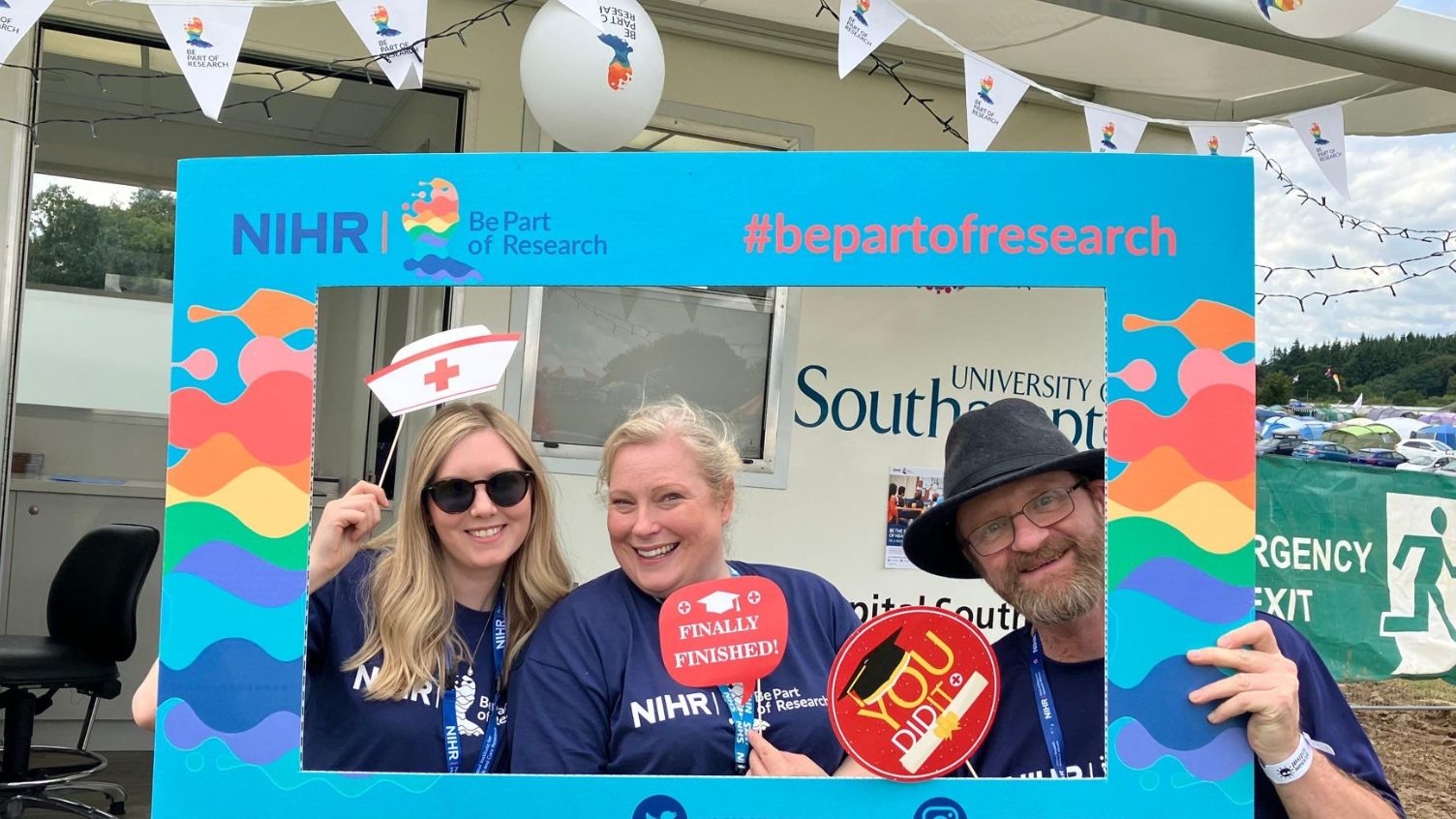Samantha and her son are taking part in a study to protect him from Respiratory Syncytial Virus
- 14 November 2022
- 3 min read
Samantha Short, 33 from Kent, and her nine-month-old baby, Jack, are taking part in the HARMONIE Study.
Samantha spoke to CRN Kent, Surrey and Sussex about their involvement in the study.
The HARMONIE Study is evaluating the effectiveness of nirsevimab, an antibody immunisation, designed to protect babies against Respiratory Syncytial Virus (RSV). Antibodies in blood are part of the immune system, which helps bodies fight infection and illness.
The antibody dose in the HARMONIE Study acts in the same way as the antibodies within our bodies, but it is targeted specifically to fight RSV.
Previous studies have shown this antibody dose to work well, providing direct protection against RSV in one dose. The objective of the HARMONIE Study is to further assess the impact on hospitalisations due to RSV with more babies involved.
Samantha is a Sister on the neonatal unit at Medway NHS Foundation Trust and works alongside Dr Aung Soe, a Consultant Neonatologist who is Principal Investigator on the HARMONIE Study.
Samantha explains: "We became involved in the HARMONIE Study after Dr Soe told me about it. My daughter, who is at nursery, is coming home with all sorts of germs and Jack is catching bugs and illnesses from her, so I was keen for him to receive the antibody. I was pleased when Jack was randomised to receive the injection."
In the study, babies are randomly assigned into one of two groups. One group will receive the antibody dose by having an injection into their thigh and in the other group, no injection will be given. If a baby is not assigned to receive the antibody dose they will still be followed up in the same way.
Samantha and Jack will be on the HARMONIE study for one year. Samantha continues: "Jack only needed to have one injection which he was fine with. He did have a slight temperature afterward, but that's the same with any vaccination. I now need to complete a diary via an app on my phone once a month for six months, answering a few questions about Jack. I will then have a telephone conversation with the study team after 12 months.
"If Jack ever gets admitted to hospital, I will need to notify the HARMONIE Study team and ask the doctors to do a swab to see if he has RSV.
"At work, I have helped with research trials taking place in the neonatal unit, by administering drugs or carrying out observations on babies, but I'm not part of the research team. Understanding what research trials are and what they involve did help me explain to my husband what the HARMONIE Study was when we were deciding whether to join the study. We were given an in-depth information leaflet which also helped my husband understand what was involved.
"It's great to be involved in research that might help more babies in the future because some can be very poorly with RSV which can develop into bronchiolitis and pneumonia and they will need to be admitted to hospital. My children have already benefited from immunisations that have all gone through the same rigorous research process and it would be great if this antibody could become part of babies' regular immunisations too."


